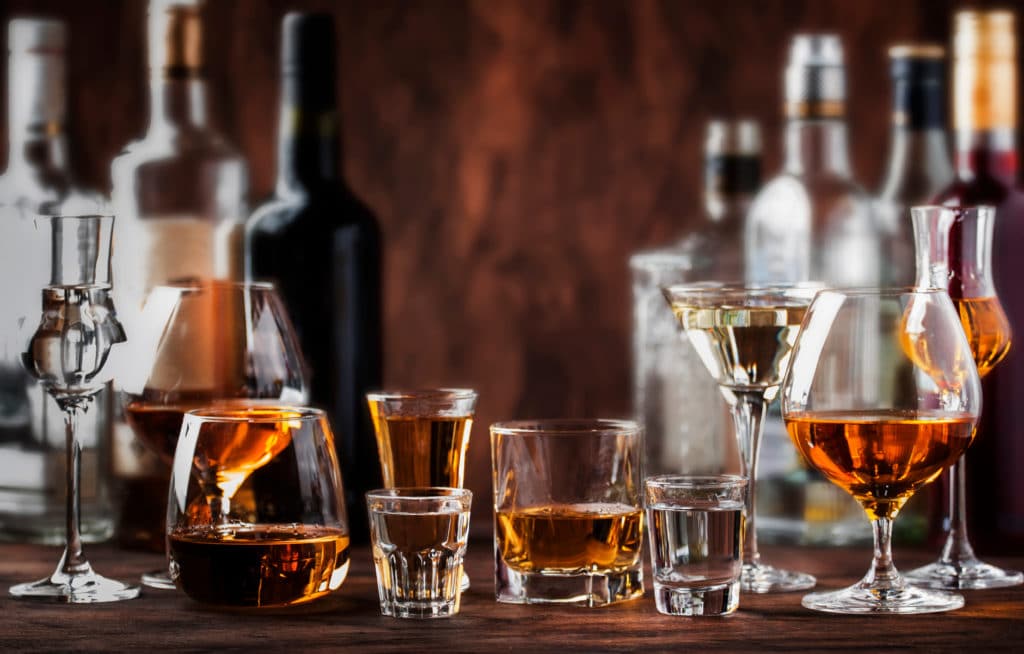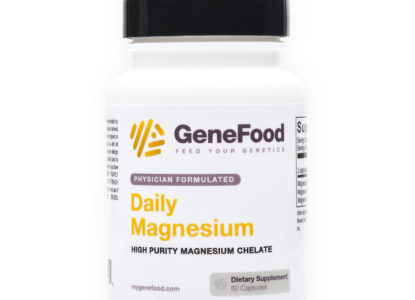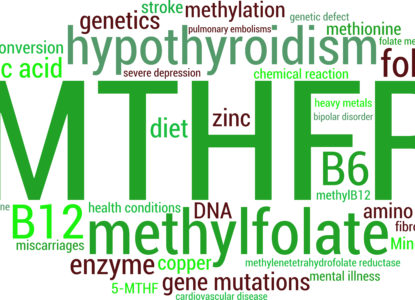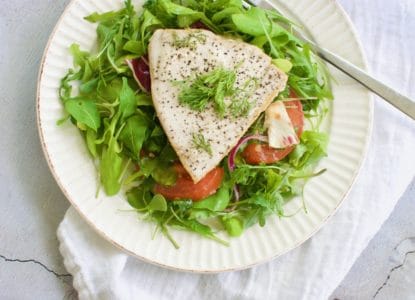Why We Tend to Choose Partners With Similar Drinking Habits
Article at a Glance
- Human partner selection often seeks similar traits
- Recent research indicates individuals with similar alcohol consumption habits are more likely to pair up due to their genetic similarities.
- Put simply, you might choose a mate based on how much (or little) they party.
Genes Mentioned

Contents
Humans tend to choose partners who are similar to them in various traits. 1 Studies have shown that couples often have similar alcohol consumption habits. 2 However, it’s unclear if people choose partners based on their alcohol behavior or if other factors play a role.
For example, we choose partners based on similar social background, so alcohol isn’t the only factor. 3 However, understanding why couples have similar alcohol habits is important for studying human behavior.
One intriguing aspect of this phenomenon is the potential role of genetics. Some studies suggest that couples might be more genetically similar across their entire genome than individuals who are not in a relationship. 4
Therefore, it raises the question: Do genetic factors related to alcohol metabolism play a role in mate selection?
Measuring Alcoholism
Alcohol consumption, responsible for about 5.1% of global health problems and causing nearly 3.3 million deaths each year, is primarily assessed through two factors. 5
One is the volume of alcohol intake, and the other is the presence of Alcohol Use Disorder (AUD), a relentless neurological condition that prevents individuals from regulating their drinking, even when it adversely affects their personal, professional, or physical well-being. 6
The Current State of Alcohol Genetics Research
Recent improvements in genotyping microarray techniques have made it more affordable to cover the entire genome.
This has led to a transition from linkage and candidate gene research to a stronger emphasis on genome-wide association studies (GWAS) for exploring the genetic predisposition to alcoholism.
Numerous genetic variants influencing alcoholism have been identified, but only a handful have been consistently replicated across studies.
A prime example of such a replicated variant is rs1229984 in the ADH1B gene. 7 9 This gene encodes an enzyme vital for converting ethanol to acetaldehyde, a key step in alcohol metabolism. Genetic differences in ADH1B can affect how quickly an individual processes alcohol. Specifically, the ADH1B*2 allele, also referred to as the rs1229984(C) allele, is associated with a heightened efficiency in alcohol metabolism. 10 People who metabolize alcohol faster often feel negative effects like facial redness, feeling sick, and a quickened heartbeat after drinking. This rapid accumulation of acetaldehyde can discourage them from drinking too much.
Partners’ Genetics Influence Each Other’s Alcohol Consumption
A recent study wanted to see if genetic marker (rs1229984) in one spouse could predict increased alcohol consumption in their partner. 11
To determine this, they used the Mendelian randomization (MR) framework, a method that leverages genetics to infer cause-and-effect relationships. Essentially, they investigated if there’s a genetic basis to the idea that if one spouse drinks more, the other might be influenced to do the same. The research utilized a dataset comprising 47,321 spouse-pairs in UK Biobank for whom data on weekly alcohol intake was accessible
Using rs1229984, as an indicator of one spouse’s drinking habits, the study observed a positive association between an individual’s alcohol consumption and that of their partner’s.
Specifically, a 1-unit increase in an individual’s alcohol consumption corresponded to a 0.26-unit elevation in their partner’s alcohol intake, with a 95% Confidence Interval (C.I.) ranging from 0.15 to 0.38. The observed P-value of 8.20 x 10-6 indicates a statistically significant result, underscoring the robustness of this association. This suggests a potential genetic interplay influencing alcohol consumption patterns within dyads.
Furthermore, using observation data (i.e. without taking genetics into account), the study also showed that for every unit increase in a person’s weekly alcohol intake, there was a corresponding 0.37-unit rise in their partner’s alcohol consumption. This association was statistically significant with a 95% C.I. ranging from 0.36 to 0.38 and a P-value less than 10-16, indicating a linear relationship between the two variables.
Genetic Similarity in Spouses with Similar Alcohol Use Pattern
The research further assessed the relationship between the rs1229984 genotype in spouses . 11
In a sample of 47,549 spouse-pairs, there was a notable agreement in the rs1229984 genotype. For every additional major rs1229984 allele present in an individual, there was a corresponding increase in the same major alleles in their partner. This association was quantified as Beta 0.019, with a 95% C.I. ranging from 0.010 to 0.028. The P-value of 5.0 x 10-5 indicates a statistically significant linear relationship between the genotypes of the spouses.
Age and Relationship Length Don’t Clearly Link to Similar Drinking Habits in Couples
The study didn’t find convincing proof that older couples, representing longer relationships, had similar drinking patterns.11 For every additional year in the average age of the couple, the difference in weekly alcohol units consumed between spouses decreased by only 0.003 units. However, this finding wasn’t statistically significant, with a P-value of 0.81.
Limitations
This study presented several limitations. 11
- Firstly, although spouse-pairs were identified in a manner consistent with past studies, these pairs weren’t confirmed.
- Secondly, it’s not definitive that the similar alcohol habits observed in spouses are due to assortative mating based on alcohol consumption. Other factors, such as ancestry or geographical location, might also play a role.
- Thirdly, the reliance on a single genetic marker in the analysis means conclusions about other alcohol-related genetic variants can’t be drawn.
- Fourthly, the method by which spouse-pairs were included in the UK Biobank study might introduce some bias.
- Fifthly, using the average age of couples as an indicator of relationship length is problematic, especially as alcohol habits can evolve over time.
- Lastly, the results derived from the UK Biobank might not be applicable to non-European populations due to cultural variances in alcohol consumption habits.
Conclusion
In conclusion, the findings suggest that the rs1229984 variant in ADH1B has an influence on alcohol habits and, potentially, partner selection. 11 This implies that alcohol consumption might play a role in mate selection. However, more comprehensive research involving other genetic variants and diverse populations would provide a more complete understanding.



